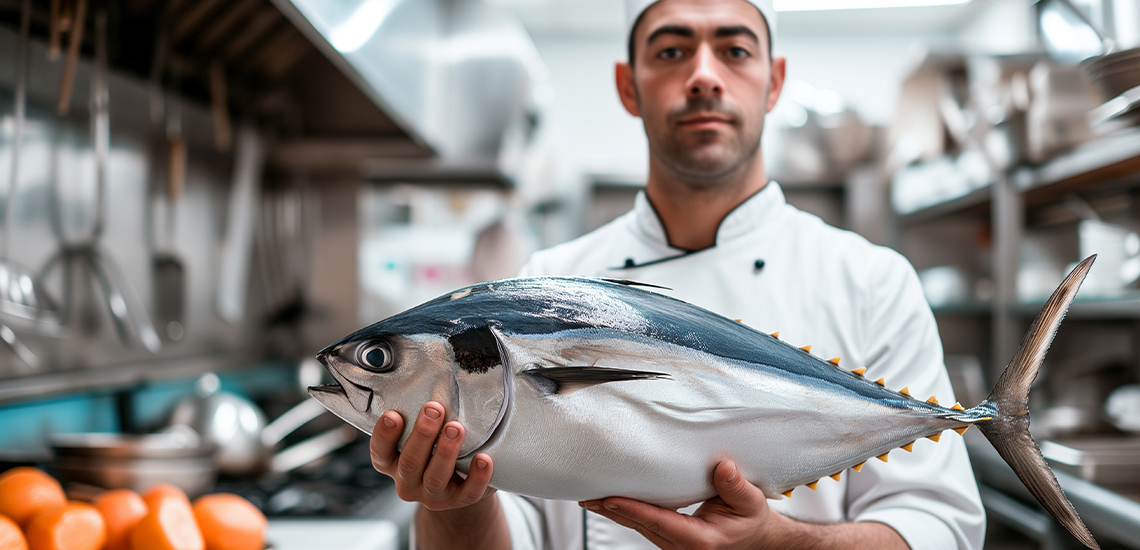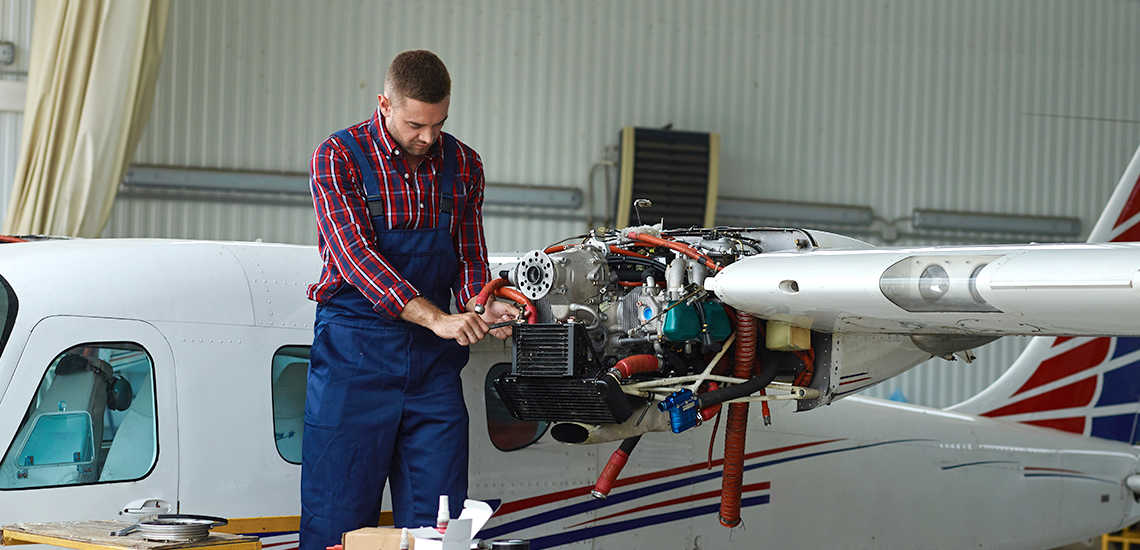
One of the largest industries in Japan is the fish industry which has a significance on sustainability Workers in this industry engage in sustainable fishing practices or manage aquaculture farms where species such as tuna or shellfish are bred and harvested. This is a physically demanding job, often requiring long hours at sea or in coastal processing plants. Moreover, the industry is subject to strict government regulations to protect marine biodiversity.
Key Skills:
- Sustainable Practices: Understanding sustainable fishing methods and the importance of preventing overfishing and protecting marine ecosystems.
- Technological Aptitude: Operating machinery for aquaculture systems, from managing water quality to automating feeding routines.
- Cold Chain Management: Proper handling and processing of seafood, ensuring freshness from catch to distribution
Service Benefits
- What vocational training is available for fishery and aquaculture in Nepal?
-
In Nepal, vocational training programs focus on fishery management, aquaculture techniques, and sustainable fishing practices. These programs equip students with the skills needed to work in Japan's fishery and aquaculture sectors.




